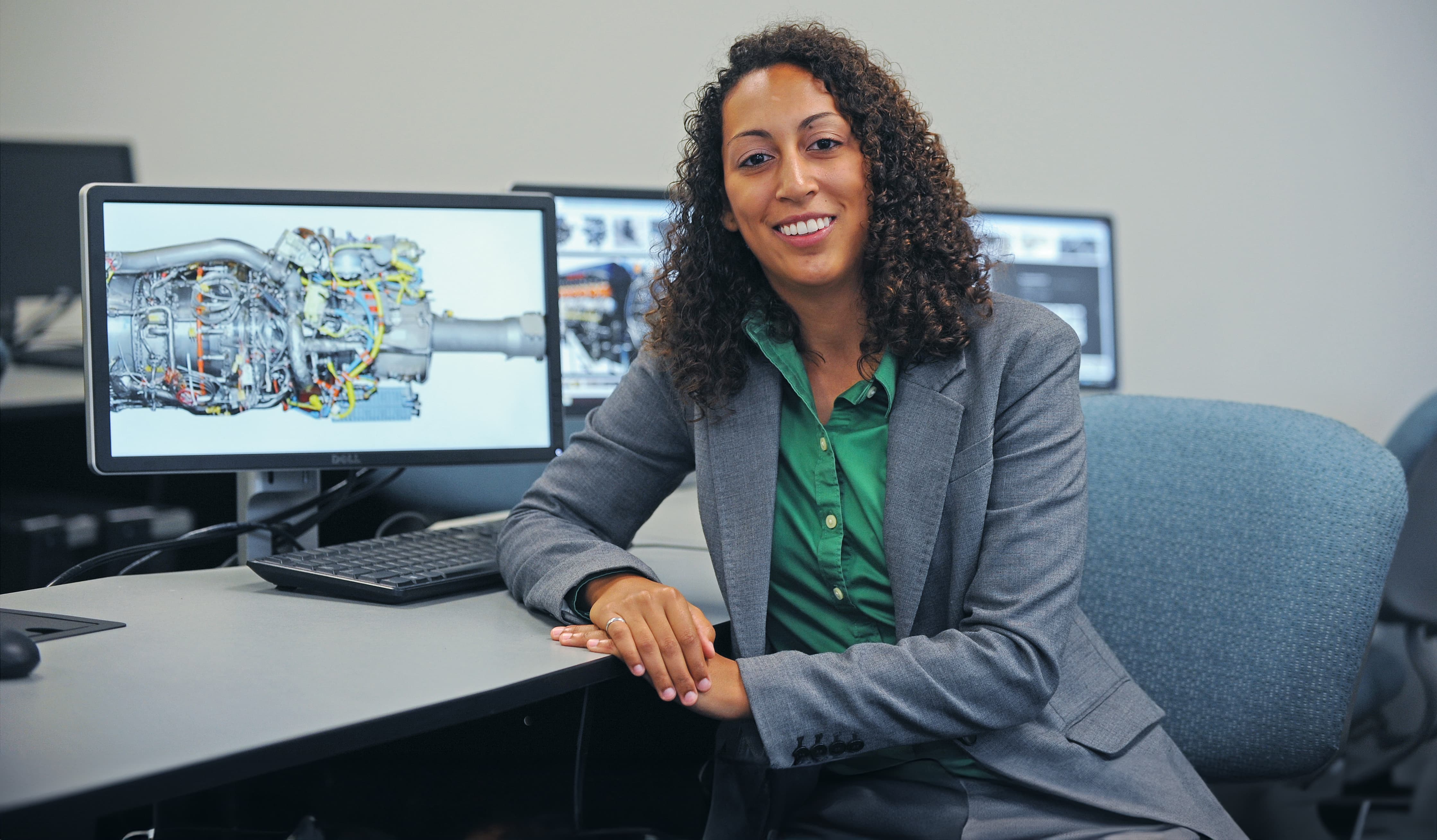Innovating Systems, Driving Industry
Industrial Engineering is multifaceted, offering you many divergent paths for your career to follow from industry, to research, to academics. In fact, the National Science Foundation and Academy of Engineering have projected significant shortages of scientists and engineers by the early 2020s. With a PhD in Industrial Engineering from WNE, you will gain advanced knowledge and skills in demand by industry, including production planning, systems, quality, and cost analysis as you create value for yourself and your employer. You will contribute to the body of knowledge in the field as you conduct research leading to your dissertation. You will learn to apply data-driven decision making and new tools and techniques to solve engineering challenges both known and yet to be imagined throughout industry. You have the option to complete the PhD in Industrial Engineering 100% online. This is an excellent option for working professionals interested in pursuing their program part-time at our nationally ranked and recognized university.
Why Choose the PhD in Industrial Engineering?
Studying full- or part-time, you have the opportunity to advance in your career as you undertake signature work in your chosen area of focus. At the start of the program, the department chair will serve as your advisor. Later, you will select an advisor from our expert faculty. You will have access to state-of-the art laboratories and academic resources as you learn about research methods in industrial engineering. Studying at Western New England University puts you at the center of a nationally ranked university, as well as one that is ranked Best Undergraduate Engineering Programs by US News & World Report.
What Will You Study?
The PhD in Industrial Engineering at Western New England is a thesis-based, research-oriented degree for candidates who intend to pursue careers in Organizational Management, Research and Development, Research Management, or Academia. The program is intended to be versatile and tailored to support individual research initiatives. Course requirements are established solely by the doctoral committee. Areas of PhD research at WNE include Manufacturing, Advanced Production and Inventory Modeling, Supply Chain, Advanced Manufacturing Systems, Quality Control and Analysis Systems, System Risk and Safety, as well as a wide breadth of topics that are defined by the student and advisor. Through a combination of coursework, milestone examinations, and independent research culminating in your dissertation, you will gain the foundation and depth of industrial engineering theory and practice, a breadth of knowledge across multiple areas of specialization.



